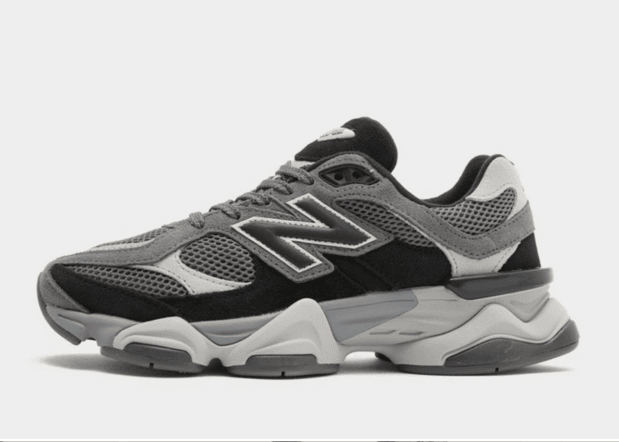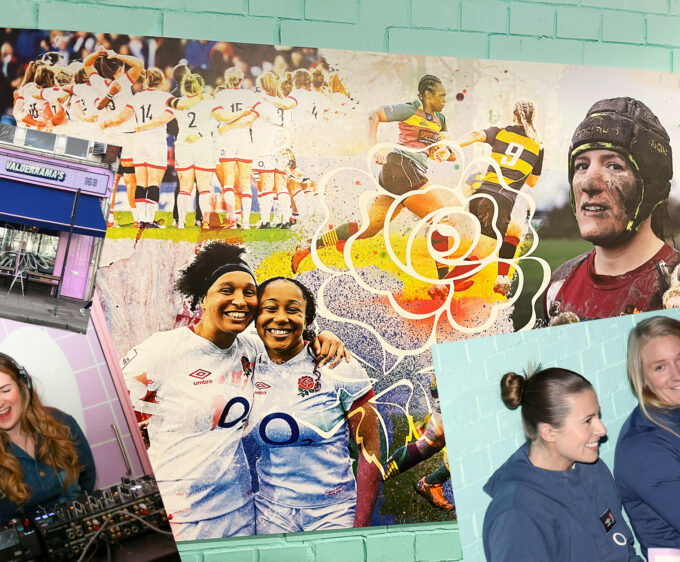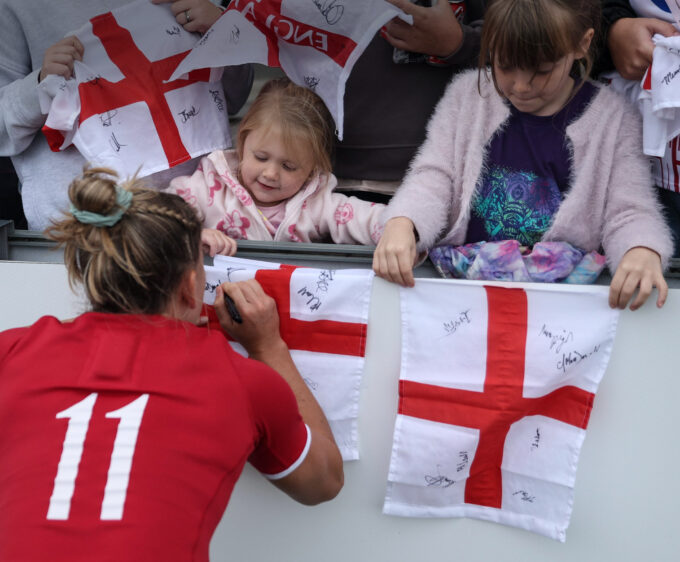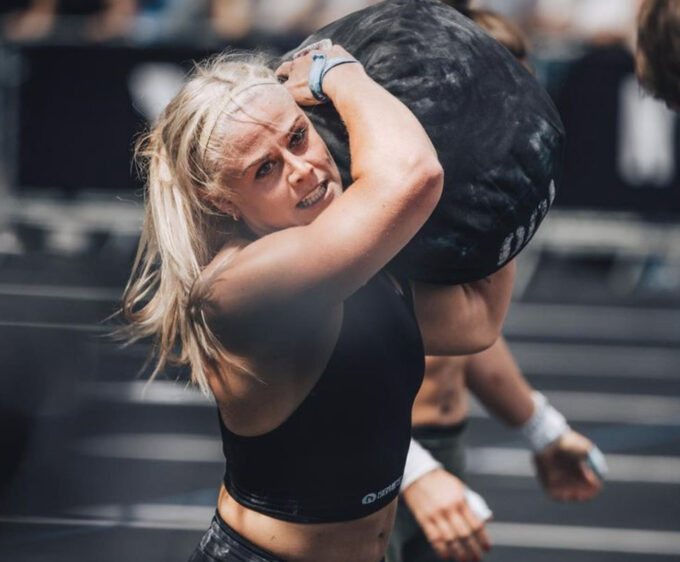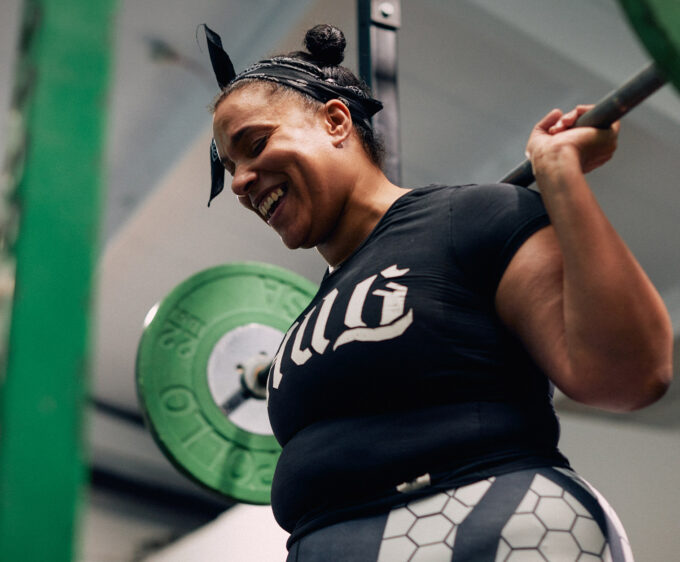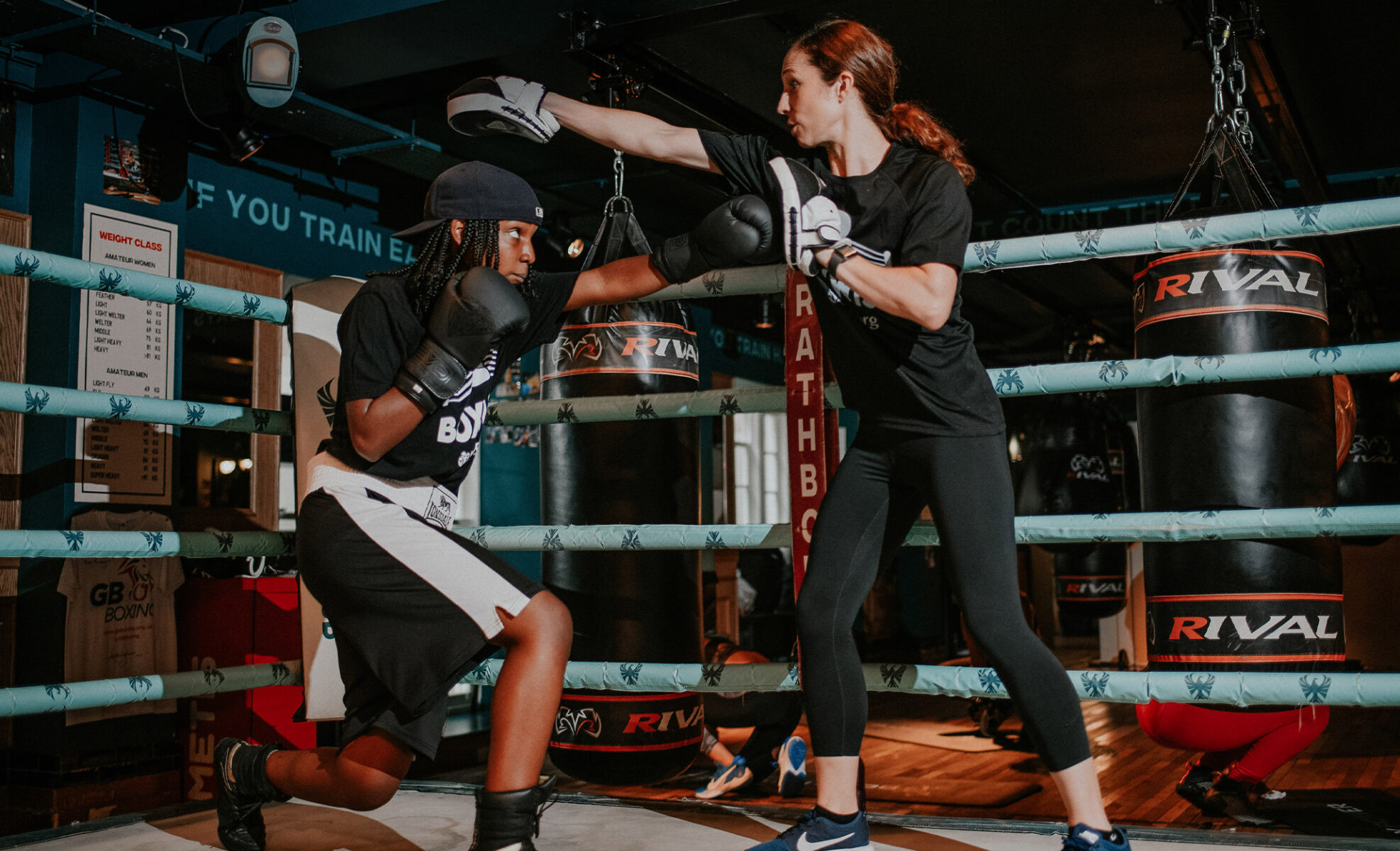
Bower Power
Detective by day, boxing trailblazer by night and then some. We talk to Rachel Bower about her love of the sport, how boxing improves lives and why she would like to coach England footballer Leah Williamson for a bout
By Glorious
Photography by Tekla Szőcs
Rachel Bower grew up in Wakefield, West Yorkshire before moving south to go to university and settling in London after graduating to join the Metropolitan Police. Rachel is now a Detective Inspector, but the former amateur boxer juggles her day job with a number of roles in the boxing world. She volunteers as a coach in the evenings and at weekends and runs two amateur boxing clubs in London where she manages the coaching teams and competitive boxers. That’s not all … Rachel is also an England Boxing Talent Pathway coach, working with the most talented young boxers in the country and she sits on the coaching sub-committee for England Boxing. This trailblazer for women’s boxing shares her journey, what she misses about fighting competitively and her excitement of working with non-profit social enterprise BOXWISE.
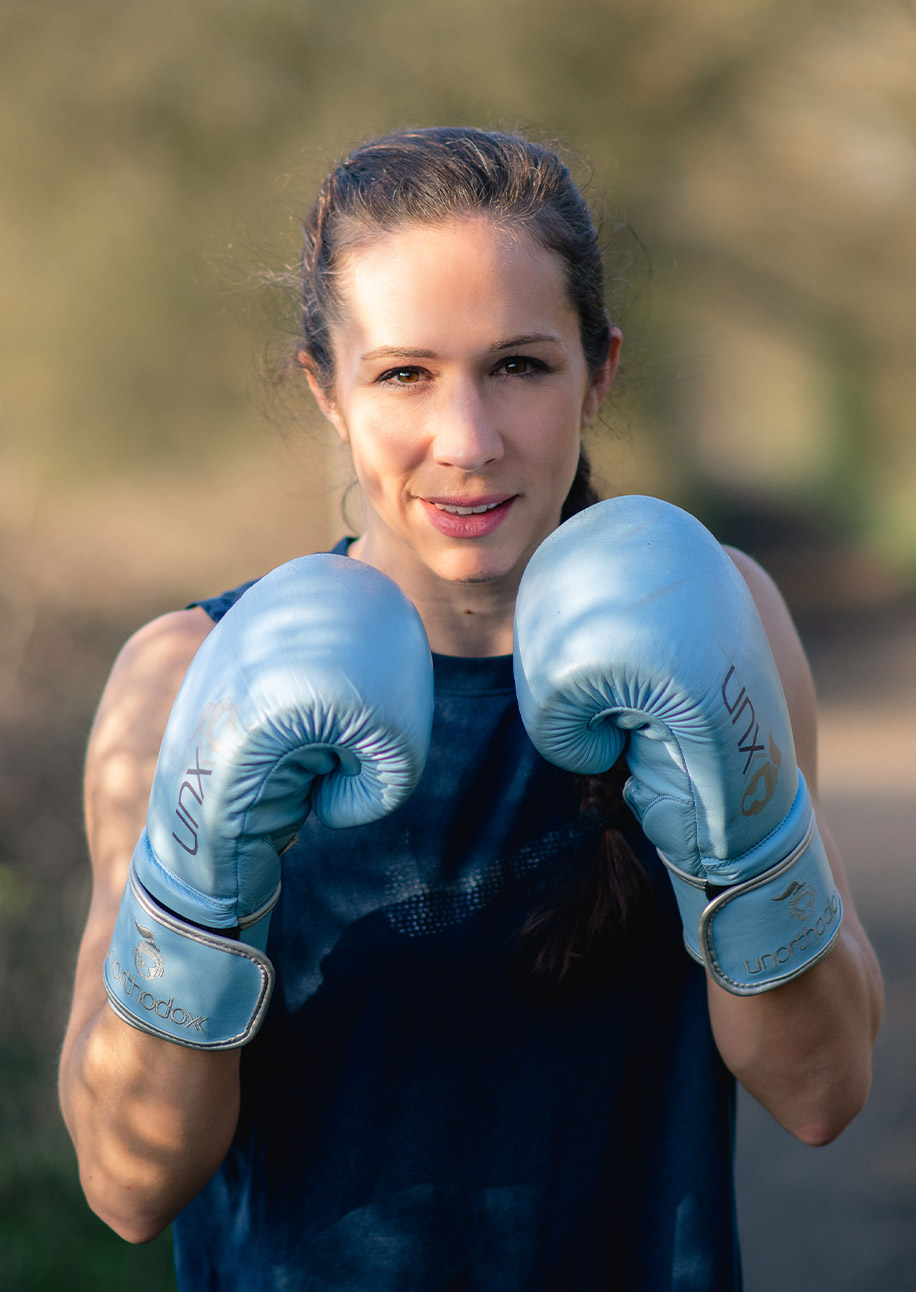
Glorious: When and why did you start boxing?
Rachel Bower: I started boxing when I joined the police. I had always been really sporty growing up but did nothing whilst at university and wanted to get back into something competitive again. A colleague mentioned an inter police boxing tournament and suggested I sign up, saying he’d coach me and be in my corner. In our first session, I realised it wasn’t the boxing he was interested in and was not qualified to coach. However, I’d already told everyone I had entered the tournament and didn’t want to lose face so invited myself to train with the Met team!
Glorious: At that time, did you have female friends that boxed or were you welcomed into male-dominated clubs?
Rachel Bower: I didn’t know anyone male or female who boxed but was welcomed into the Met team by an army of female boxers. I was really lucky that my first taste of boxing was with a group of strong, skilful women boxers. It was so rare back then, even now, but we had forward-thinking coaches and a great group of friends and sparring partners who pushed each other to be better. As I had to train around shift work I often had to train at different, local gyms that were exclusively male. I’ve never been turned away for being a female boxer, which has happened to some of my peers, but a lot of gyms would treat you as second class. I personally used to enjoy challenging the stereotype (I was petite and quite feminine) by getting stuck in and would have the coaches attention when they realised I could box well. I have always been comfortable in male-dominated environments due to the sports I played as a kid and my job, so I was used to being the odd one out and proving my worth. I realise that’s not the case for many and I’m glad things are changing in the world of sport.
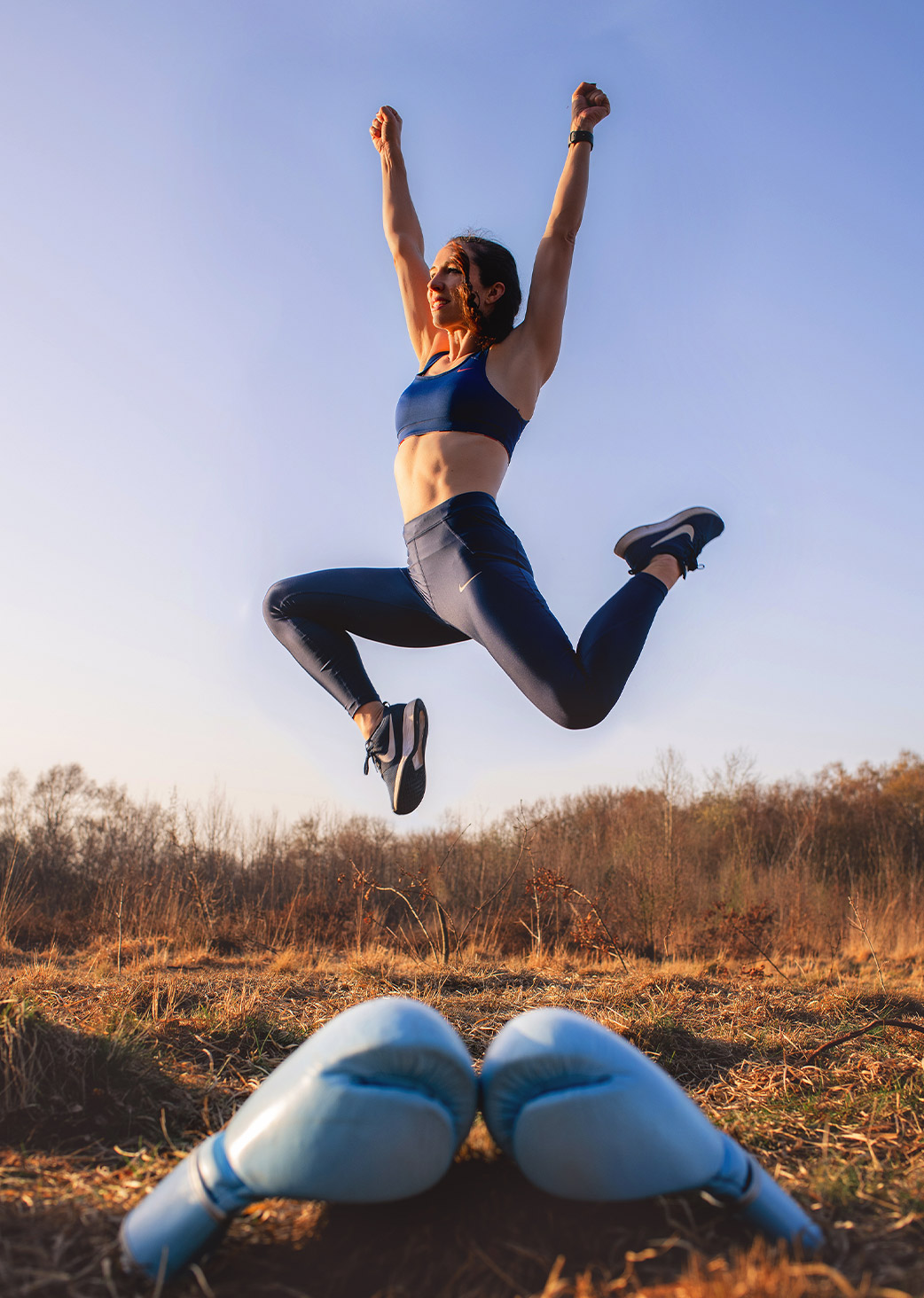
Glorious: Do you have boxing idols (male and female) and if so, who are they and why?
Rachel Bower: I don’t have any! I only found boxing at the age of 23 and hadn’t even watched it on TV before then. Female boxing wasn’t mainstream when I started to box (it was only introduced into the Olympics in 2012) so I wasn’t exposed to many role models.
Glorious: Do you play/have an interest in watching other sports? What other sport would you have liked to compete in at a high level and why?
Rachel Bower: Boxing is all-consuming – there is no time for anything else! However, I used to do athletics as a teenager competing in 400m and sprint hurdles and dabbling in everything from cross-country, 1500m, 800m. I like individual sports (it’s all down to you) and the variety (I get bored easily) so I would have loved to compete in events such as heptathlon. However, I can’t throw! I can play any sport that is just me controlling my body, but introduce a ball, javelin or racquet and I’m useless!
Glorious: As a former national amateur boxing champion, did you have a split personality inside and outside the ring, what emotions did you feel/getting into the zone?
Rachel Bower: I didn’t and that’s why I believe I didn’t achieve what I was capable of. I was too ‘nice’, I didn’t have a killer instinct. I would allow my opponent to have their ‘turn’ in attacking. It’s only now as a coach that I see that I needed to work on the mental side of the sport. Emotionally boxing is a roller coaster. I used to feel nervous about making weight, although I always did it comfortably. Then, as soon as I’d weighed in, the nerves of the bout would kick in. I’d feel sick, be in and out of the toilet and would need coaxing into warming up. Every single time I’d wonder why I put myself through it, then win or lose, wanting to do it all again as soon as I could. Now I speak to my boxers about channelling those nerves and why a bit of adrenaline is a good thing.
adrenaline
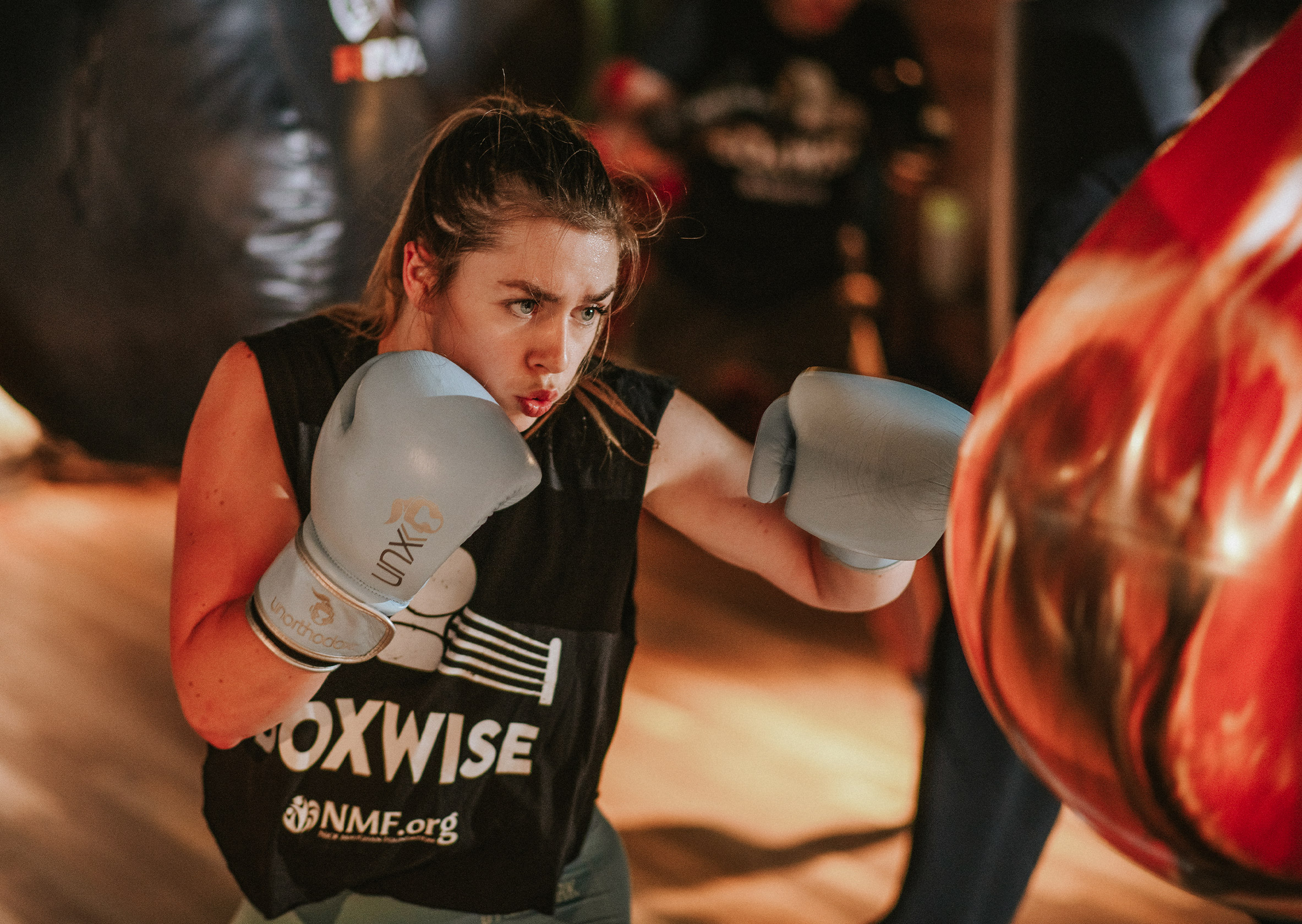
Glorious: Do you miss competing/training for a fight?
Rachel Bower: I do miss competition but I don’t miss the guilt that came with it. It was constant, I’d either feel guilty about missing a birthday, family event or trying to get off work on time or for not making training or turning down a bout. I still struggle with the fact that I missed my godson’s christening to box for England. But then if I prioritised my life outside boxing, I’d worry I hadn’t done enough/would lose/get knocked out/not make weight.
Glorious: You are now a boxing coach and involved in several community programmes that inspire women and girls to get into boxing, so how do you juggle all your boxing activities with your day job as a detective?
Rachel Bower: I manage coaching and policing well due to taking a role at work that’s office hours. It isn’t as exciting or glamorous as my previous roles but it allows me to coach in the evenings and weekends. However, it’s my personal life that suffers. My partner (who I met through boxing and is also a police officer) is the one who misses out and will remind me of the fact. Luckily, he often works late himself or comes and trains at the gym when I am coaching.
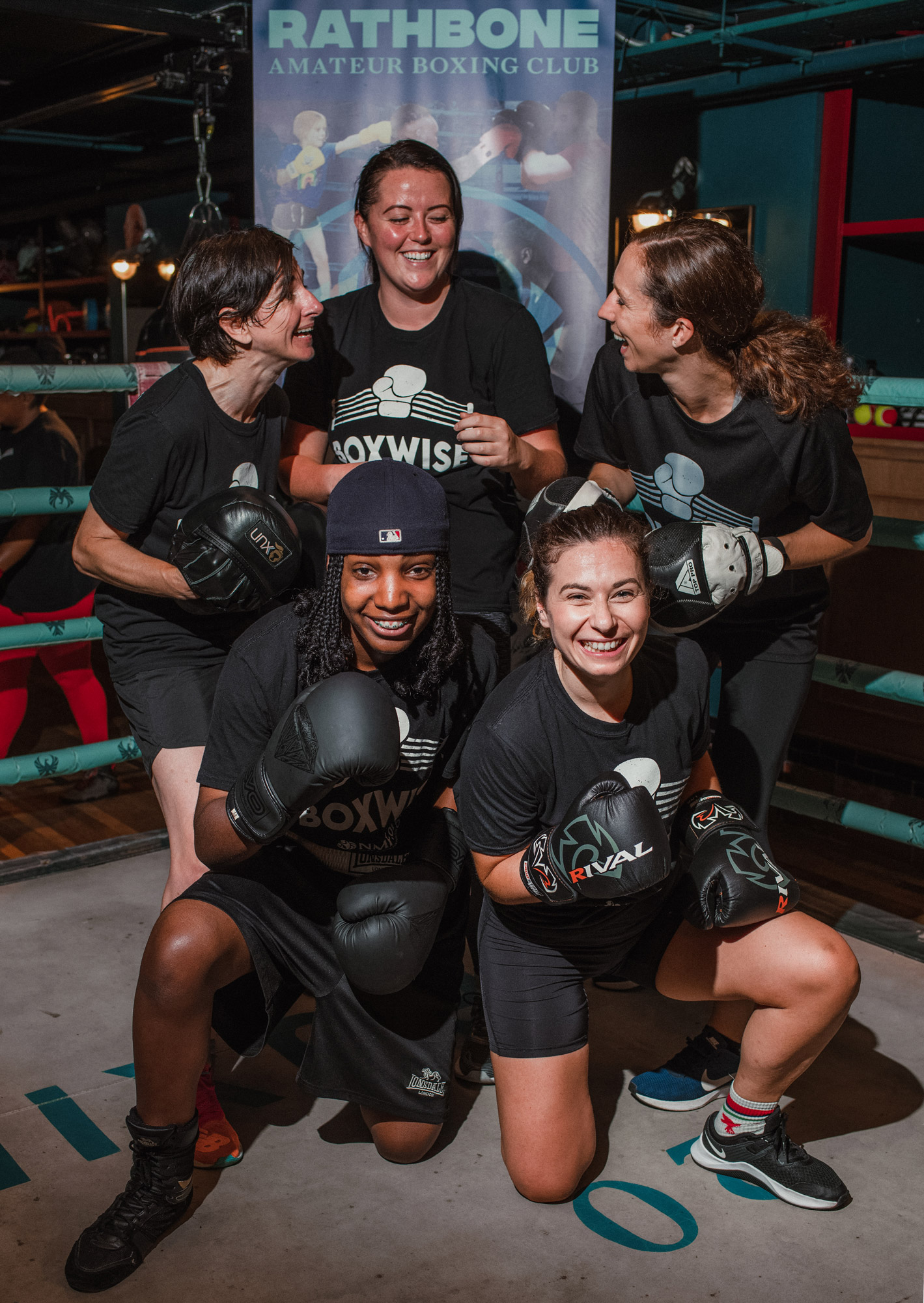
Glorious: BOXWISE launched in 2021, tell us about this organisation and your role.
Rachel Bower: BOXWISE is a non-profit social enterprise that helps young people build confidence, improve their health and wellbeing and maximise all opportunities available to them. I feel very passionate about using boxing to empower people and as a gateway for other opportunities so I jumped at the chance to be involved with BOXWISE. I am now the National Lead and recruit new clubs, schools and coaches to work with us.
opportunity
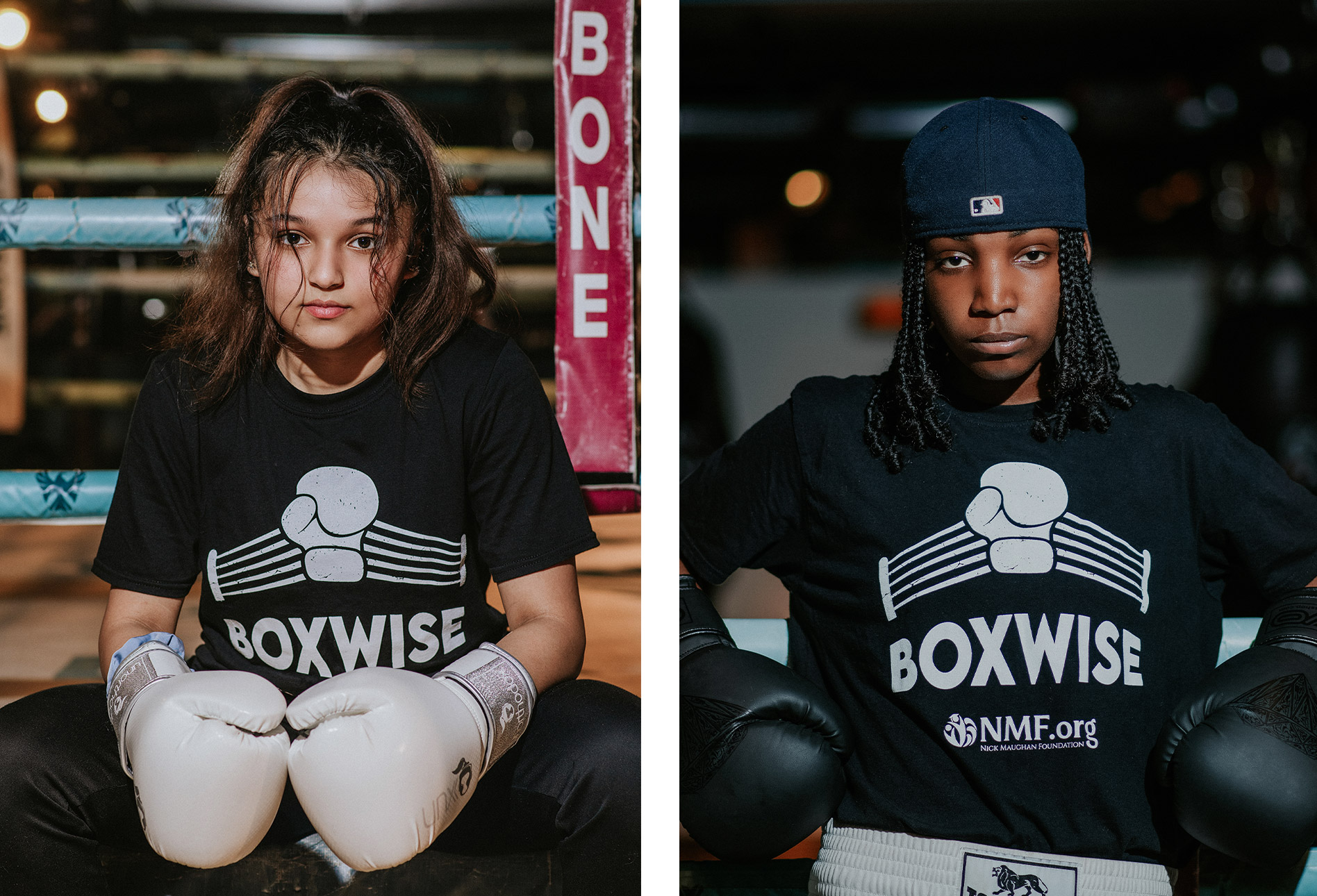
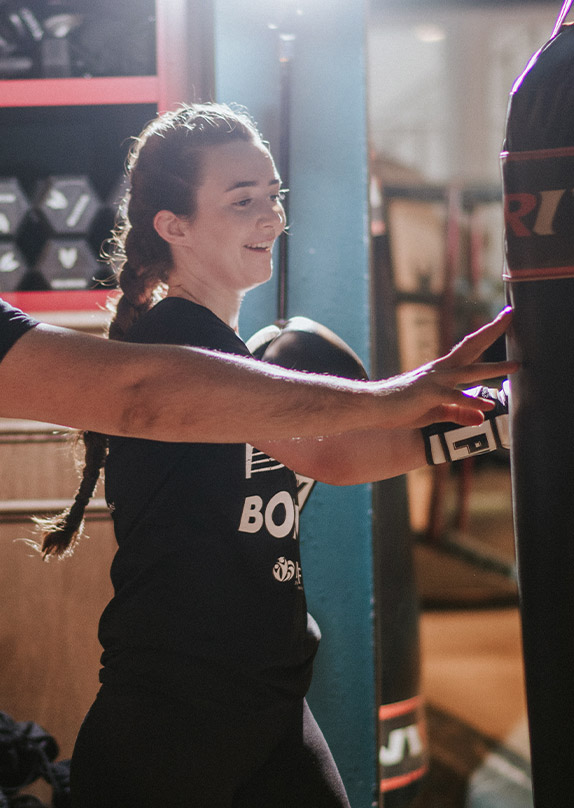
Glorious: Can you share some of the female success stories of those that have benefited from the BOXWISE programme.
Rachel Bower: One of the most memorable success stories was one of our BOXWISE award winners gaining employment in the gym that delivered the sessions. She had a 6-month contract during their expansion and gained valuable experience in copywriting. She’s now working permanently at a well-known magazine. Another participant (the girl on the pads with me in Tekla’s photos) realised her love for boxing and BOXWISE funded her to obtain a coaching qualification. She has now joined her local boxing club, has ambitions to compete and helps to train the younger children.
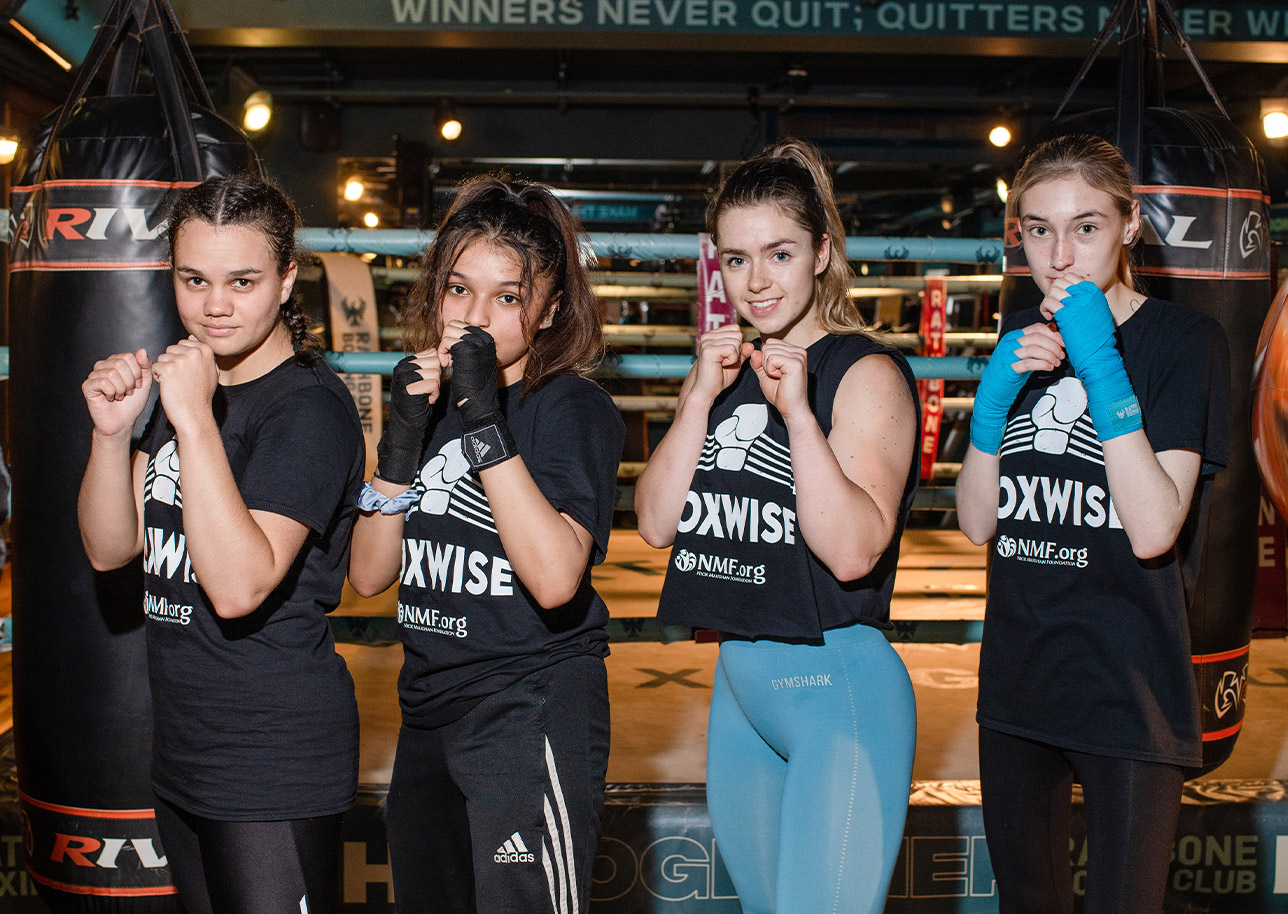
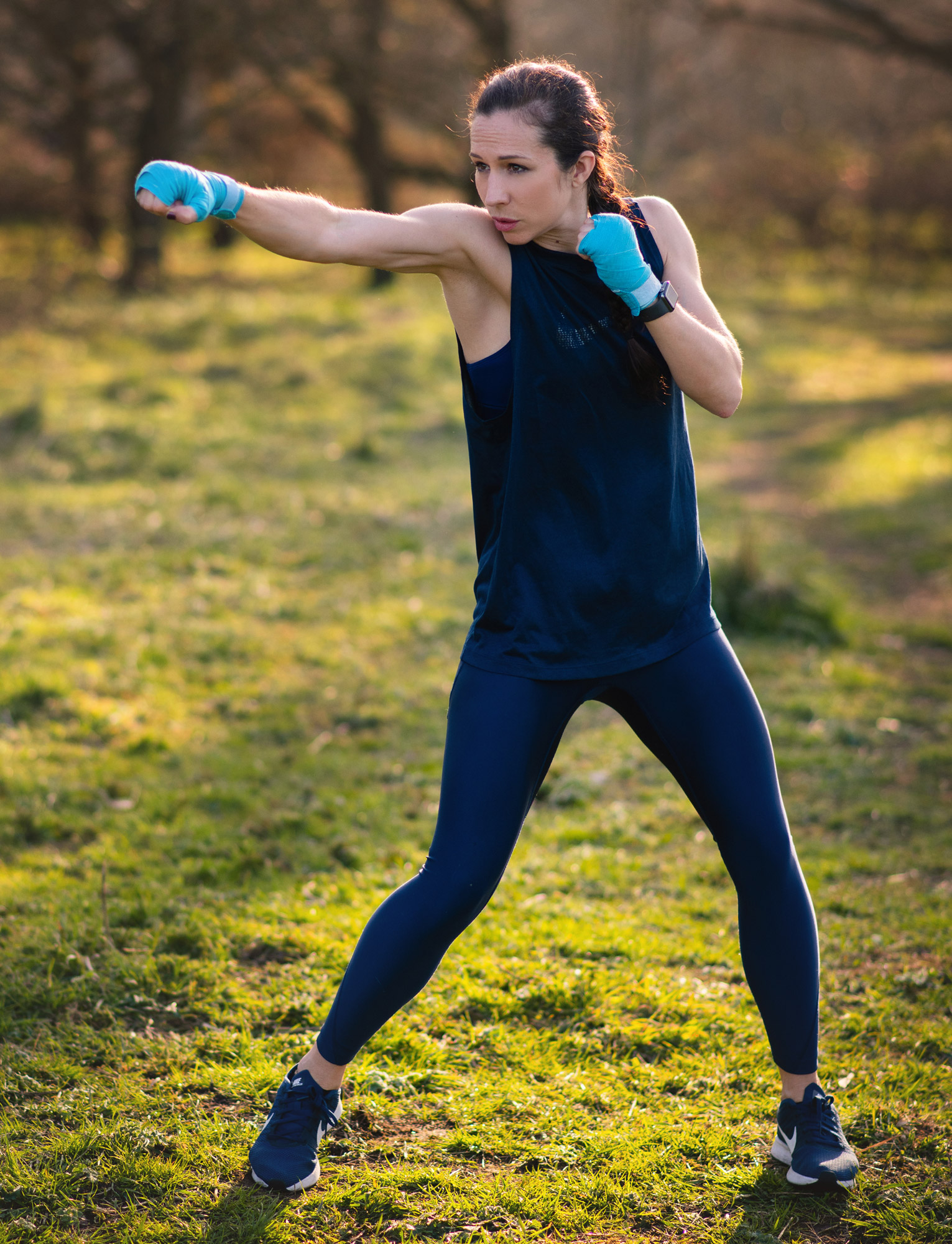
Glorious: How has BOXWISE developed and what are the plans for the future?
Rachel Bower: BOXWISE started with three clubs and we have boomed to around 30 in England, Scotland, Wales and now South Africa and Uganda. The plan is now to focus on a move from a CIC to a charity so we can work with other large funders and expand further.
Glorious: Why do you believe boxing above other sports has an amazing ability to help people improve their lives?
Rachel Bower: Boxing requires so much physically and mentally and you never stop learning or perfecting your craft. It can empower people to apply themselves in ways that transfer to everyday life. Things such as motivation, discipline, determination and things some of us take for granted like time management, listening skills or being able to follow instructions.
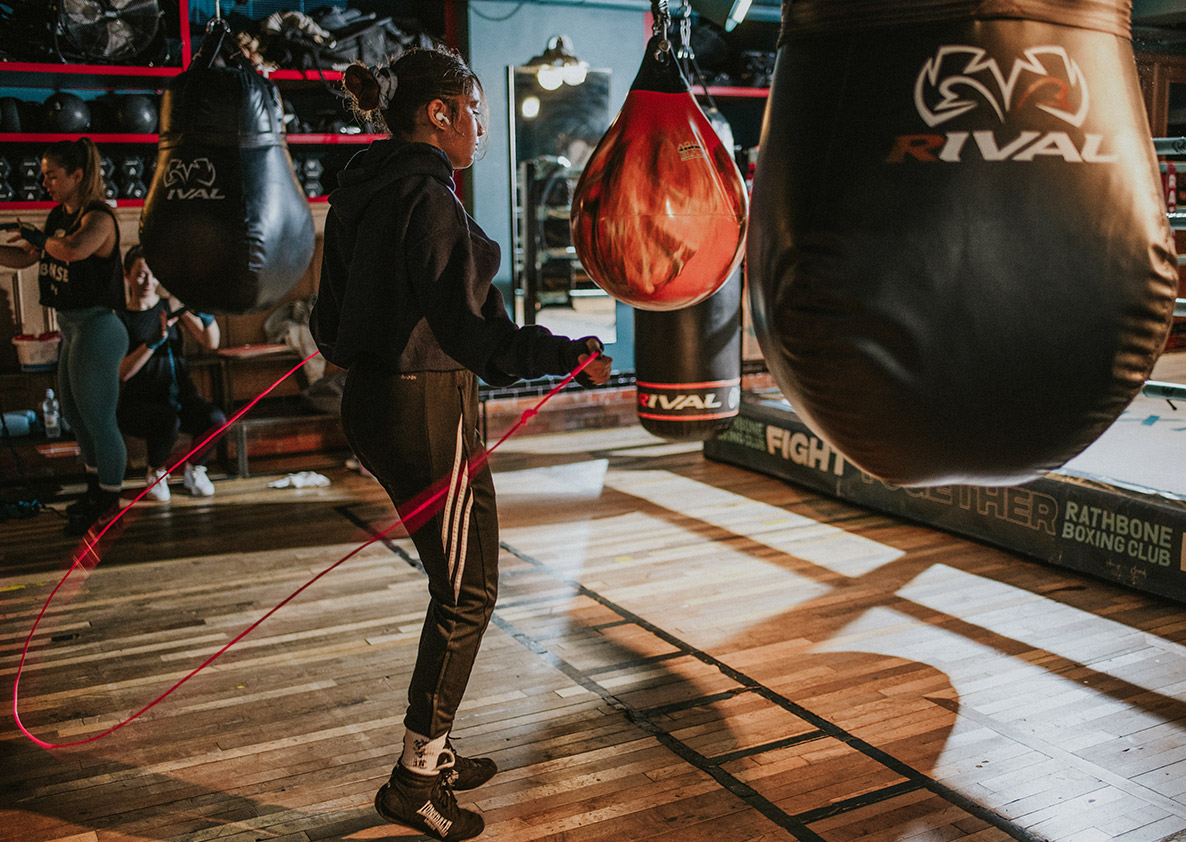
Glorious: You are a huge advocate for female boxing, what significant changes have you seen over the last decade for women and the industry in general?
Rachel Bower: There is investment in grassroots development for women and girls now and they finally have visible role models. It was only 10 years ago that women were allowed to box in the Olympics and at the time the female pro scene lacked any depth. We now have Olympic champions and recently the first-ever all-female professional card at the 02 arena in London. There is more opportunity and more to aspire to now.
Glorious: What is your ultimate goal in boxing for women and girls?
Rachel Bower: I’d love to see similar participation levels to boys and men. I have a 9-year-old step-daughter who loves to box and is very good but she is the only girl at her club. When she is old enough (and if she wants) to compete, I know it will be very difficult for her to find suitable opportunities. The more competition the better and the more girls will develop. And the more interest in female boxing will ultimately mean more ticket sales for women in the pro ranks and hopefully one day equal pay to men.
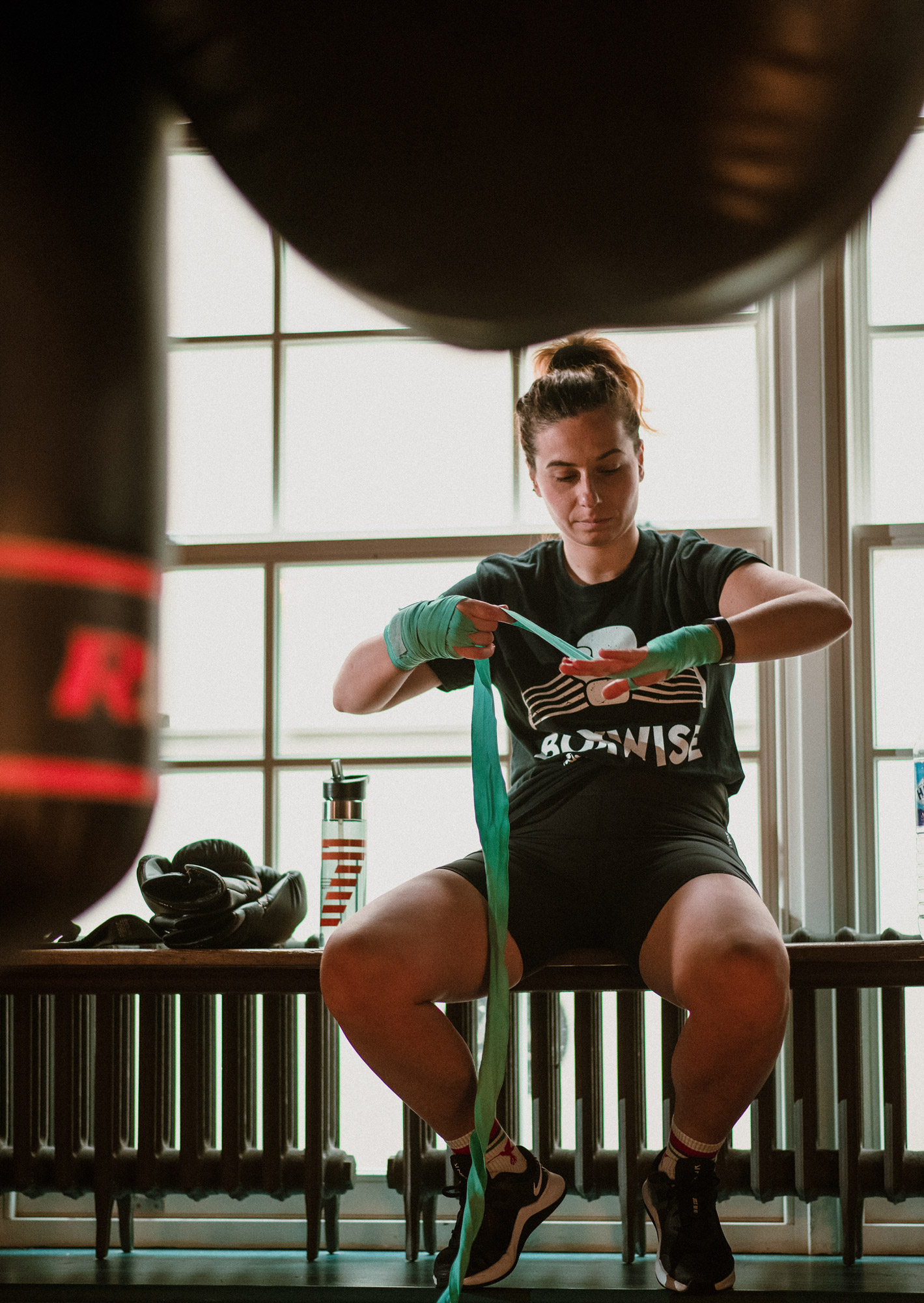
Glorious: If you could choose four inspirational women (past or present) who you would like to teach to box and why?
Rachel Bower: My late grandmother: she taught me so much I would love to teach her the sweet science and give something back. Serena Williams: I remember seeing a video of her training with Mike Tyson. She would be able to generate a lot of power and I think learning to box would help her channel her energies away from the court. Queen Elizabeth II: As a young adult I think she would have found it empowering and liberating, it would be our little secret. English professional footballer Leah Williamson: Many successful female boxers transitioned from football. There are transferable skills from a lot of sports and Leah will have the discipline needed to compete. I would love to coach her for a bout.
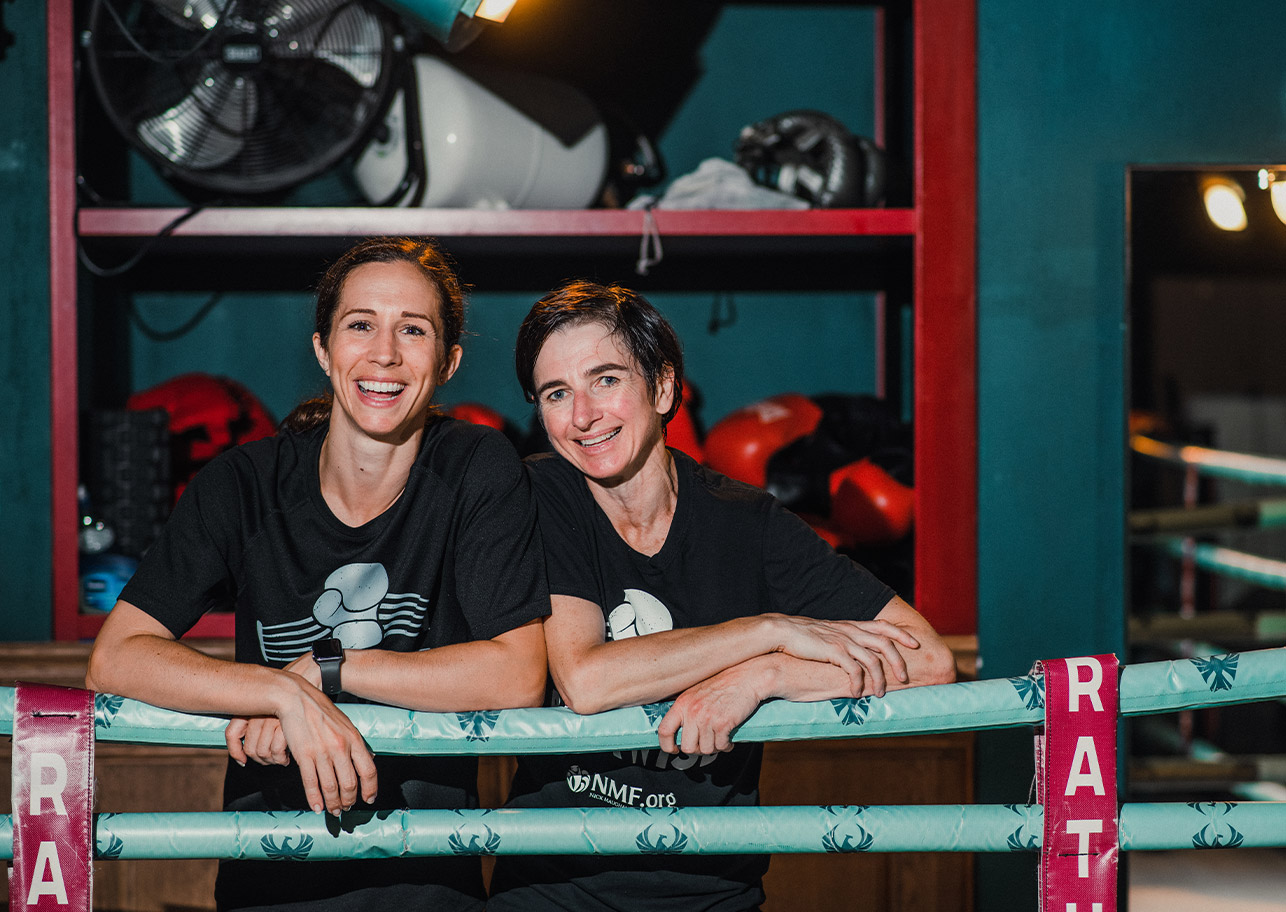
Photography by Tekla Szőcs, Editorial Design by this is root
